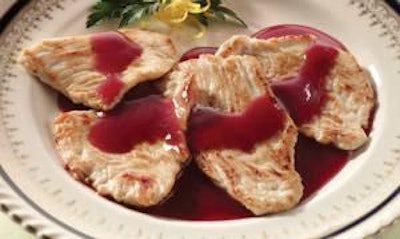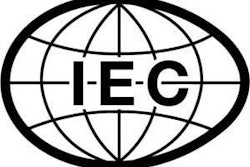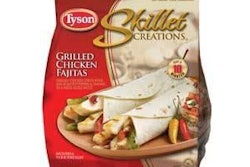
While the U.S. turkey industry as a whole cut production in 2009, companies are responding to the challenging market conditions with various formulas for managing production volume, according to WATT PoultryUSA’s turkey company rankings and projections.
Faced with weak consumer demand and unprofitable prices in 2009, the industry cut production but did not experience much strengthening in prices until late in the year. Weak exports and overhanging cold storage stocks were factors undermining the market. Whole turkey prices in the fourth quarter were expected to average 83 to 84 cents a pound – higher than expected earlier but down 4% from the previous year.
So, how are companies responding to the challenge? Of the 23 turkey producers surveyed, 10 reported cutting production in 2009, but an almost equal number (nine companies) reported increases in pounds of live turkeys produced. Seven companies had year-on-year increases of more than 4%, and the increases ranged as high as 35.4%.
Factoring in projections for 2010, U.S. turkey companies are using every available option – cutting production in 2009 and cutting it further in 2010; growing production in 2009 and growing it more in 2010; cutting back in 2009 and pulling out the stops in 2010; growing production . . . Well, you get the idea, there’s no single formula being tried in the industry.
Top 5 companies
Butterball LLC is the No. 1 turkey producer in WATT PoultryUSA’s 2010 turkey company rankings, having produced 1.33 billion live pounds in 2009. The company cut production by 120 million pounds or 8.3% from the previous year. Butterball projects it will cut production by another 30 million pounds to 1.3 billion pounds in 2010.
No. 2 ranked Jennie-O Turkey Store produced 1.27 billion live pounds of turkeys in 2009, a decrease of 72 million pounds or 5.4% from the previous year. The company projects it will increase production by just 10 million pounds or 0.8% in 2010.
No. 3 ranked Cargill Value Added Meats produced 1.165 billion live pounds of turkeys in 2009, an increase of 118 million pounds or 11.3% from the previous year. While reporting the largest increase in pounds in this year’s survey, Cargill also projects the biggest decrease in production for 2010 – a cut of 70 million pounds or 6% -- to 1.095 billion pounds.
Farbest Foods, the No. 4 ranked company, produced 333 million live pounds of turkeys in 2009, a 31 million pound increase or 10.3% from the previous year. The company projects it will increase 2010 production by another 41 million pounds or 12.3%.
No. 5 ranked Kraft Foods produced 289 million live pounds of turkeys in 2009, an increase of 26 million pounds or 9.9% from the previous year. Kraft projects it will boost 2010 production by a slim 1 million pounds.
Notable moves
Deepest production cuts in 2009: Norbest Foods helped the supply situation by slashing output from 162.0 to 66.5 million pounds, a 59% decrease. The company plans to add back 30.7 million pounds in 2010.
West Liberty Foods cut production by 96.4 million pounds. It plans to add back 15.8 million pounds for a total of 140 million pounds in 2010.
Biggest production increases in 2009: Cargill Value Added Meats reported the largest increase in pounds produced at 118 million. Dakota Provisions had the biggest percentage increase at 35.4%.
Also notable was Turkey Valley Farms’ 12.0 million pound increase in production. The No. 16 ranked producer increased output from 120.0 to 132.0 million pounds. Turkey Valley plans to hold production steady in 2010.
Capital ideas
Dakota Provisions 2009 capital improvements included $300,000 for a wastewater upgrade. The company plans capital expenditures in 2010 for specialized packaging equipment.
Prestage Foods installed a modified atmosphere packaging (MAP) line for fresh tray pack products at a cost of $1 million.
Empire Kosher launched antibiotic free (ABF) Kosher chicken and turkey products in July of 2009. The company said it would dedicate two-thirds of its non-holiday turkey production to antibiotic free (ABF) turkeys, or approximately 20,000 per week. For major Jewish holidays and Thanksgiving, the company said it would increase ABF turkey production to respond to customer needs.


















